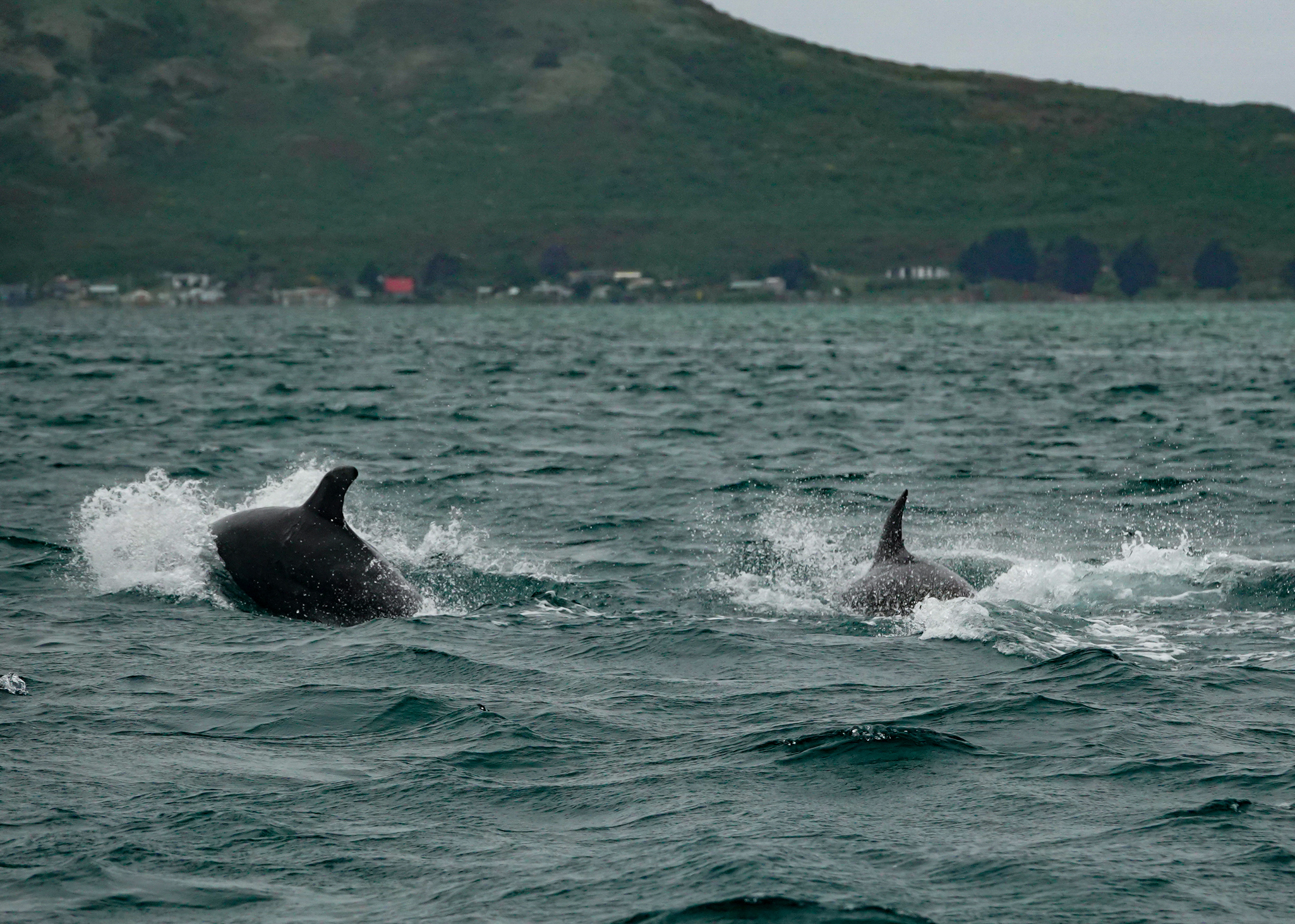
Fisheries New Zealand science and information director Simon Lawrence told the Otago Daily Times there had been a sustained change in reporting across the vessels within scope of the onboard cameras rollout and by last month, there had been 6.1 times more reported dolphin interactions since cameras had been on board fishing vessels.
Forest & Bird earlier this week said the increase suggested suspected under-reporting was in fact happening.
However, now Seafood New Zealand inshore general manager Tiffany Bock said there could be other factors at play.
"Yes, more dolphin interactions have been reported. We agree that it’s good to have this information out there.
"The change is due to a number of things. We can’t rule out random fluctuations, because we are talking about relatively small numbers (although obviously we want these numbers to get much smaller, fast).
"Also it is true that fishers are taking way more care about the reporting process. This is a good thing."
It was important to consider that before cameras, the Ministry for Primary Industries (MPI) was "always allowing for a certain amount of under-reporting in their calculations" of protected species interactions, Ms Bock said.
"Now we have cameras, we know their calculations were pretty accurate."
Furthermore, potential changes MPI was considering would only limit public access to the footage captured by onboard cameras, not the information gleaned from them, she said.
When announcing proposed amendments to the Fisheries Act in February, Oceans and Fisheries Minister Shane Jones said he wanted to address industry concerns about "sensitive footage" from cameras on fishing boats.
Yesterday, Ms Bock said it was "really important for the public to know" that they would not be losing access to information about accidental captures of protected species under the proposed changes.
MPI published quarterly data about bycatch of protected species on its website and that would not stop, she said.
"Everyone will still be able to see how many birds, reptiles and marine mammals have been captured by fishing vessels and whether they were released alive and uninjured, alive and injured or dead.
"This information is put together from observers on fishing vessels and from what MPI officials see via cameras.
"It will continue to be published and is in no way affected by the proposed legislative changes."










